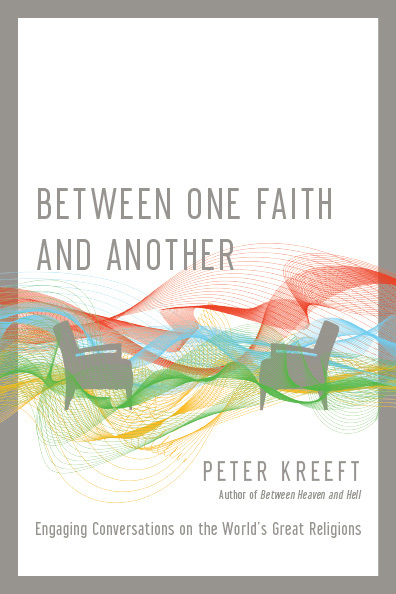
How do we make sense of the world's different religions? In today's globalized society, religion is deeply intertwined with every issue we see on the news. But talking about multiple religions can be contentious. Are different faiths compatible somehow? And how can we know whether one religion is more true than another? In this creative thought experiment, Peter Kreeft invites us to encounter dialogues on the world's great faiths. His characters Thomas Keptic and Bea Lever are students in Professor Fesser's course on world religions, and the three explore the content and distinctive claims of each. Together they probe the plausibility of major religions, from Hinduism and Buddhism to Christianity and Islam. Along the way they explore how religions might relate to each other and to what extent exclusivism or inclusivism might make sense. Ultimately Kreeft gives us helpful tools for thinking fairly and critically about competing religious beliefs. If the religions are different kinds of music, do they together make harmony or cacophony? Decide for yourself.
Author

Peter Kreeft is a Catholic apologist, professor of philosophy at Boston College and The King's College, and author of over 45 books including Fundamentals of the Faith , Everything you Ever Wanted to Know about Heaven , and Back to Virtue . Some consider him the best Catholic philosopher currently residing in the United States. His ideas draw heavily from religious and philosophical tradition, especially Thomas Aquinas, Socrates, G. K. Chesterton and C. S. Lewis. Kreeft has writings on Socratic logic, the sea, Jesus Christ, the Summa Theologica, angels, Blaise Pascal, and Heaven, as well as his work on the Problem of Evil, for which he was interviewed by Lee Strobel in his bestseller, The Case for Faith .